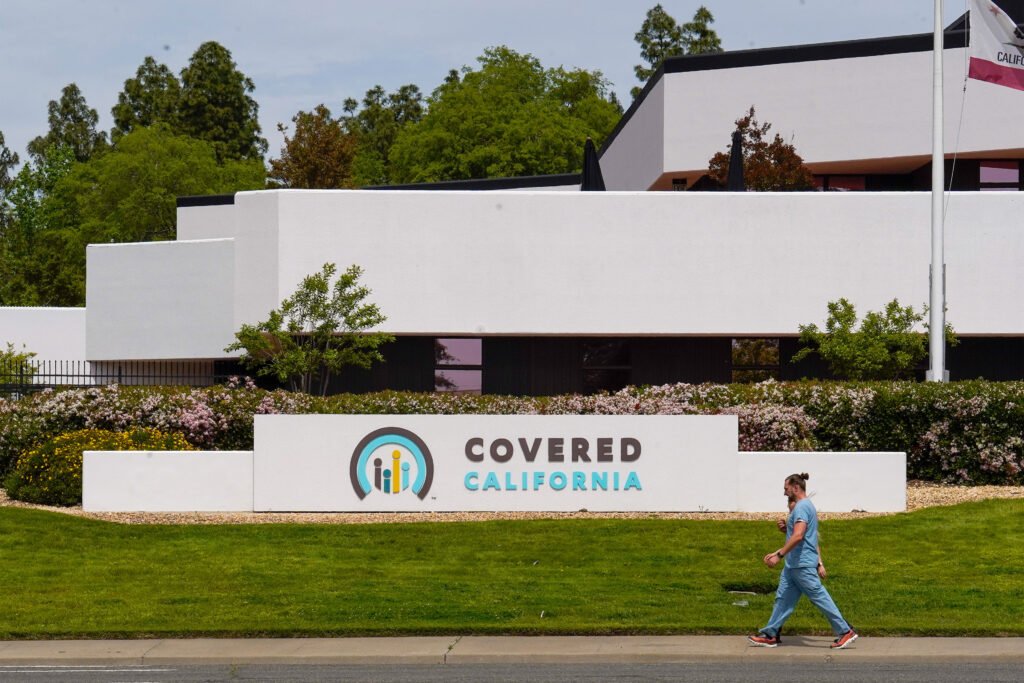The sweeping tax and spending bill proposed by President Donald Trump includes significant changes to the Affordable Care Act (ACA) that could have a detrimental impact on consumers. These changes, which are expected to be signed into law on Independence Day, aim to combat fraud but may result in millions of people losing or dropping their health insurance coverage.
One of the key changes included in the bill is the elimination of automatic reenrollment for ACA coverage. This means that consumers will have to update their information each year and actively enroll in a plan during a shorter enrollment period. The bill also includes provisions that would end enhanced premium subsidies put in place during the COVID-19 pandemic, leading to a potential 75% increase in premiums next year.
Experts predict that these changes could result in a significant loss of coverage, with enrollment declines of up to 50% in some states. This, coupled with the expected loss of Medicaid coverage for millions more people, could reverse the gains made in reducing the nation’s uninsured rate.
Supporters of the bill argue that these changes are necessary to combat fraud and tighten verification requirements. However, critics view this as another attempt to weaken or repeal the ACA. States that run their own marketplaces have reported fewer instances of fraud compared to those that use the federal healthcare.gov, thanks to additional security measures and tighter control over broker access.
Overall, the changes proposed in the bill could make it more difficult for consumers to enroll in marketplace coverage and may lead to higher premiums and an increase in the uninsured rate. As the bill moves forward, it remains to be seen how these changes will impact consumers and the overall healthcare landscape in the United States. States such as California, New York, Georgia, New Jersey, and Virginia, in addition to Pennsylvania, have seen more than 60% of enrollees sign up for health coverage, according to a report by KFF. These states have been successful in attracting a significant number of individuals to enroll in health insurance plans.
The enrollment process in these states involves a thorough check of income and other eligibility information for all enrollees, whether they are renewing their coverage, enrolling for the first time, or signing up outside the normal open enrollment period due to a qualifying life event. This ensures that only eligible individuals receive coverage and benefits.
“We have access to many data sources on the back end that we ping, to make sure nothing has changed. Most people sail through and are able to stay covered without taking any proactive step,” said Altman, a representative from KFF. However, if any discrepancies are identified in the data provided by applicants, they are asked to submit additional information to verify their eligibility.
Under current law, individuals have 90 days to submit required paperwork while still receiving tax credits. However, proposed changes in the tax and spending plan before Congress may end presumptive eligibility, requiring individuals to provide all necessary information before receiving any financial assistance.
A white paper prepared for Capital Policy Analytics highlighted concerns about the potential impact of these changes. While tighter verification processes can prevent improper enrollments, the additional paperwork and the expiration of enhanced tax subsidies could result in four to six million eligible individuals losing their Marketplace plans. This could lead to a surge in uninsurance and leave insurers with a smaller, sicker risk pool, increasing pricing uncertainty and the likelihood of premium hikes and market exits.
In conclusion, while efforts to strengthen verification processes are important for preventing fraud, it is crucial to balance this with the need to ensure that eligible individuals have access to affordable health coverage. The success of states like California, New York, Georgia, New Jersey, and Virginia in enrolling a high percentage of individuals underscores the importance of a streamlined and efficient enrollment process that prioritizes access to quality healthcare for all.


